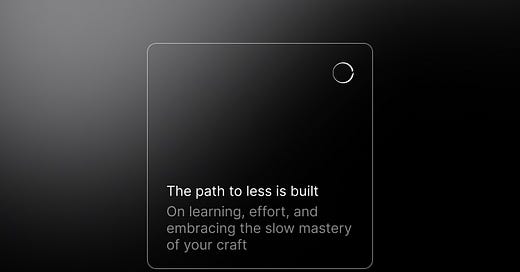“Without culture, design does not exist.” — AG Fronzoni
Not a natural
I have a confession: I am not a natural writer. Hell, I’m more of a natural basketball player than I am a writer.
Another confession: I didn’t read my first book until I was 21. No, that’s not a typo: I was 21 years old when I read my first book cover to cover, a pop-trash thriller. On the other hand, I was 6’2″ in eighth grade, and thus basketball seemed pretty natural at the time.
As time marched on, and I stopped getting taller and my dribbling skills stopped improving, basketball became less and less natural. Years later, I discovered literary fiction at age 22, and I knew I wanted to take part in its creation: I knew I wanted to be a part of literature’s exchange of consciousness. I knew I wanted to be a writer.
There was just one problem: my writing sucked. I didn’t know anything—Not. A. Damn. Thing.—about mechanics, usage, grammar, or spelling. I could hardly cobble together a coherent independent clause, let alone a sentence that felt urgent, interesting, or vaguely alive. Although I wasn’t gifted with a congenital writing quill, I soldiered on: I kept writing, letting most of the words hit the wastebasket shortly after they dribbled from my keyboard.
As I persisted in my studies and practice of the craft—guess what—I got better. And while practice didn’t make perfect, it allowed me to grow considerably. Later, my growth snowballed, and now, a decade after reading my first book, I’ve published several bestsellers.
Writing was never natural for me. Most things in life aren’t innate: individual betterment has little to do with inbred talent. I try to pound this fact into my writing students’ noggins every chance I get: any teacher worth his chalk dust can teach techniques that will help you grow, but individual betterment requires practice and dedication and, to a certain extent, a healthy obsession.
And hence this essay is not about writing, and it’s certainly not about me. This essay is about you, so take note: many people—people like you and me—want to do something different with their lives (I know I did), but most of these people think their would-be actions are futile because, well, because they weren’t born with natural talent. These folks feel helpless or defeated, so they never take the first steps, and they certainly don’t dedicate the hours required to develop real talent.
Life doesn’t work this way: for any dimension of life, for any skill set—be it exercise, ballroom dancing, or guitar playing—you must be willing to drudge through the drudgery to find the joy on the other side. Before a man can even think about being a rockstar, he must earn the calluses on his fingertips.
To do this effectively, you must find ways to make the menial work more fun. After much practice—many, many hours of practice—whatever you’re doing eventually feels like second nature, which is better in countless ways: second nature always feels more earned, more honest, more real.
Words by Joshua Fields Millburn
00: In pursuit of less
Our premium newsletter continues to explore the deeper layers of minimalism—through original essays, philosophical reflections, and case studies that examine its intersections with creativity, culture, consumerism, and considered cultivation.
If you haven’t yet subscribed, you can access our latest essays—including the most recent edition—by joining for $5 per month or $50 per year. Our next premium essay, arriving on 9 April, explores relentless simplicity: the power of cutting through complexity in both business and life.
01: Journal
Read entries from the archive of the Minimalism Life® community journal
Memento mori: a great gift to give yourself
Words by Alicia Woodward
Slowing down is an act of minimalism: do less and do it better
Words by Manu
Living for everyone else: don't end up living the life you don't want
Words by Leo Babauta
Share your story
Do you have an interesting story you would like to share on minimalism.com? We want to read about it. You have the opportunity write about your experience of how minimalism has impacted your life and get your words published in our community journal.
02: Minimal art
From our curated gallery
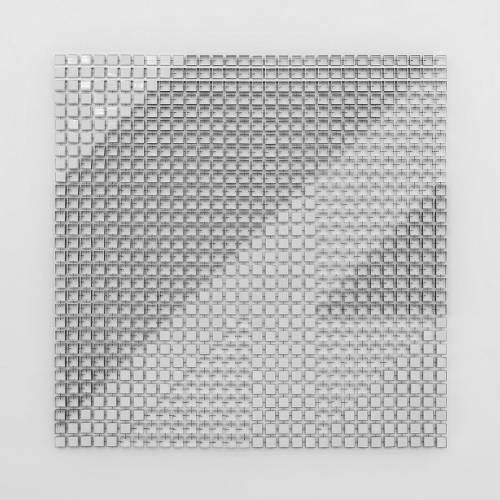
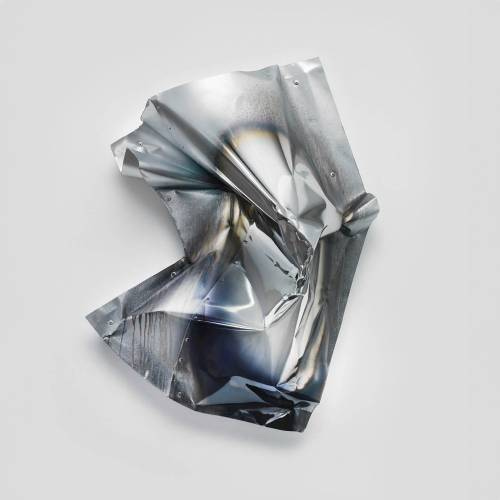
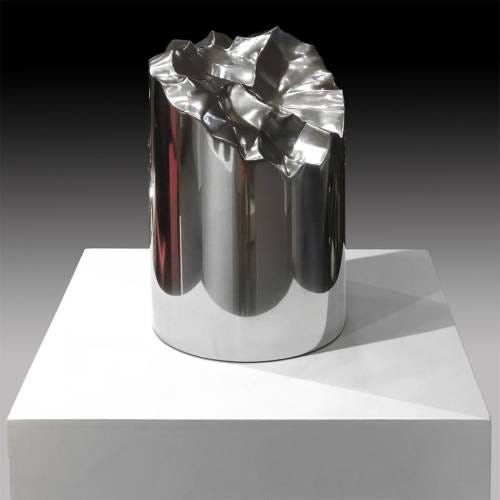
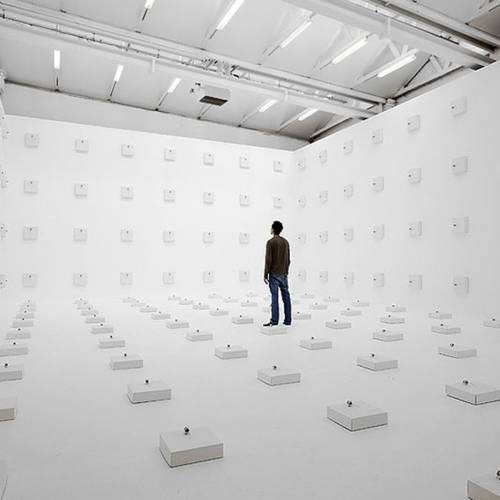
03: Minimal design
Explore our list of curated design resources
Simplicity by DOC (article)
100% functional == beautiful (article)
04: Minimal lifestyle
Explore our list of curated lifestyle resources for simple living
05: Shop
Discover our hand-picked minimalist products in the Minimalism Life® shop
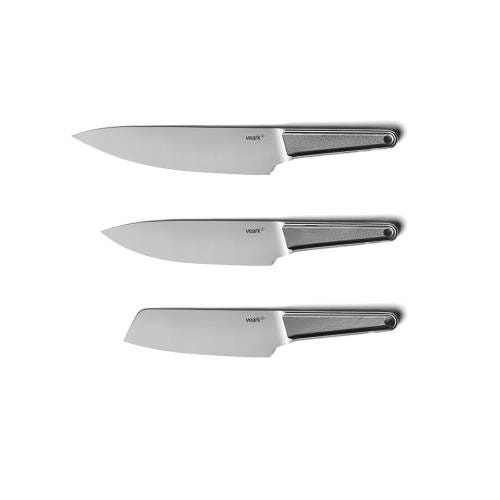
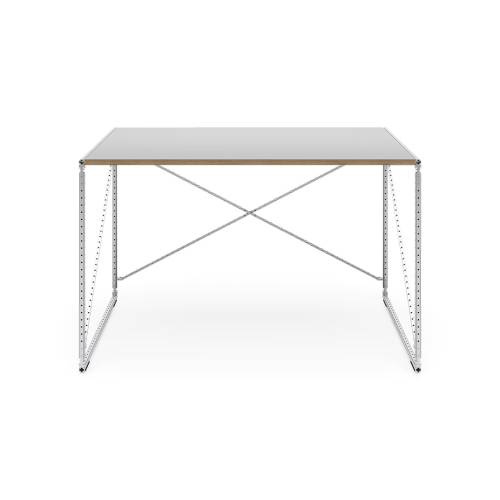
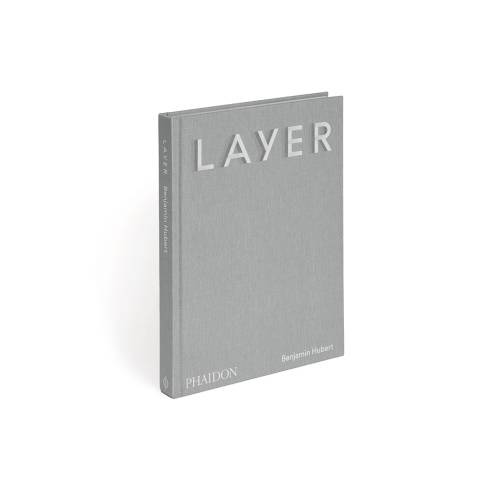
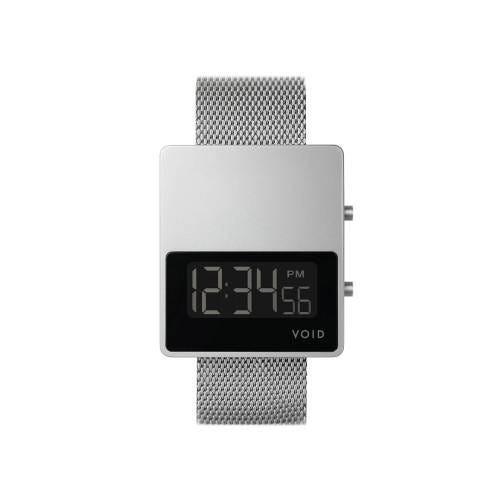
06: Brands anchored by simplicity and sustainability
Minimalism can mean frugality and owning less, but it can also mean supporting ethical brands with sustainability at their core. Here are a few you might find interesting—just remember, clothes are not an investment.
CLAE: Minimalist footwear from LA
Stiksen: Premium caps from Sweden
Collars&Co: Minimalist polo shirts
Nordic Knots: Rugs inspired by the beauty of the Nordic light
The Resort Co: Eco-conscious and artisan vacation wear
Steele & Borough: Vegan, lightweight and water repellant bags
Escuyer: Accessories designed in Brussels
Void Watches: Simple Swedish timepieces
Meller: Minimal shades
Wahts: Minimal monochromatic menswear
Floyd: Unique and distinctive travel cases
Mismo: Bags and accessories from natural materials
Dalgado: Timeless accessories made to last
JAK: Portuguese leather sneakers
Discover more minimal brands on minimalism.com

